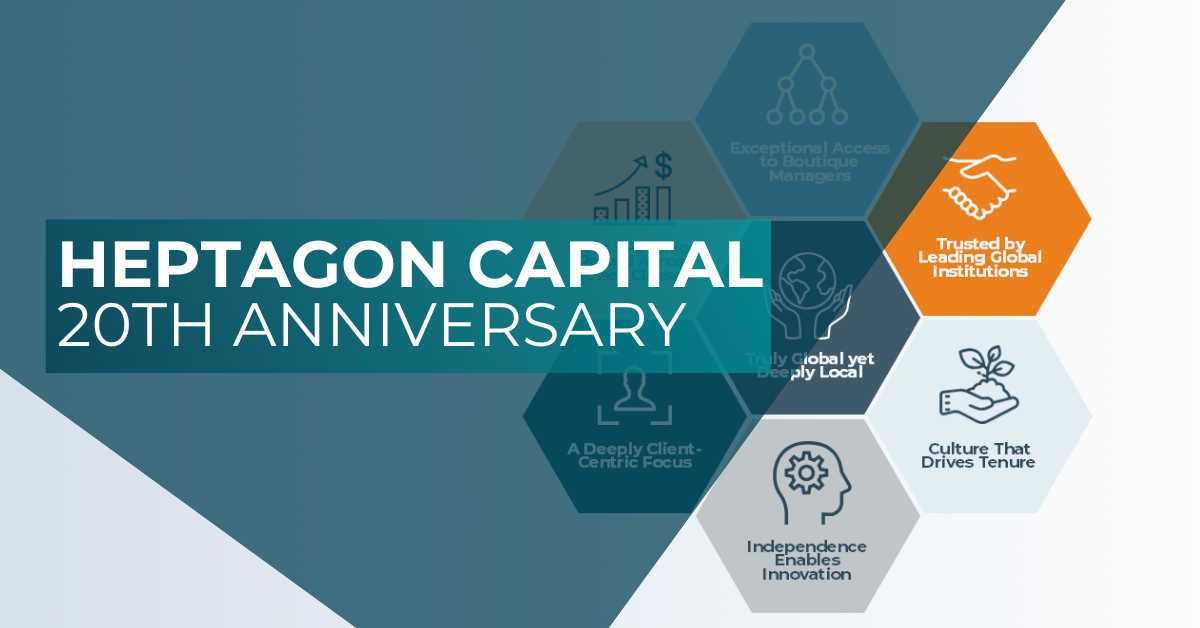
Season 4, Post 4: Where did those five hours go?
It is generally recommended that adults get at least 7 hours sleep a night. That leaves 17 hours in each day to do everything else. Consider then that we spend almost a third of this time – or a remarkable 4.8 hours daily – on our mobile phones. For context, this figure represents a 30% increase relative to the levels recorded pre-pandemic (in 2019), according to App Annie’s latest annual State of Mobile report.
The report’s findings are highly supportive of our data deluge thesis and also reinforce our conviction that we have crossed the digital Rubicon. Critics might argue that if we are spending almost 5 hours a day on our handsets, then this leaves little time in the remaining 12 waking hours of the day to do everything else. However, this is to miss two crucial points. First, broadband-enabled smartphones can allow users to be more productive with their time than was the case previously. Second, the data in the App Annie report demonstrate that there are some clear substitution effects at work, with the time that was, say, spent watching TV previously now being allocated to mobile screen time instead.
It’s worth delving into the report for a trove of trivia. Brazilians, Indonesians and South Koreans are the world’s most avid mobile users, with those surveyed topping 5 hours of daily usage in each country. In terms of where people are spending most of their time, perhaps unsurprisingly, social, photo and video apps rank as the most popular (supporting the substitution away from television thesis). TikTok, YouTube and Netflix rank, in order, as the most leading apps in this respect. One other notable take-away from our perspective is the phenomenal growth in shopping apps. Per the report, more than 100bn hours globally were spent on these in 2021, up c40% relative to 2019 levels.
What to conclude from all the above? Put simply, more data consumption means more demand for supporting digital infrastructure – think 5G, data centres, hyperscale cloud and more. It also implies more semiconductor chips. Peter Wennink, the Chief Executive of ASML (the company that makes the machines that make semis) said last week that he was seeing “unprecedented demand across all market segments.” A similar message was issued by Hamid Moghadam, CEO of Prologis. More (online) shopping implies more demand for warehouse space, and per Moghadam, market dynamics have “never been stronger.”
26 January 2022
The above does not constitute investment advice and is the sole opinion of the author at the time of publication. Heptagon Capital is an investor in ASML and Prologis. The author of this piece has no personal direct investment in the business. Past performance is no guide to future performance and the value of investments and income from them can fall as well as rise.
Alex Gunz, Fund Manager
Disclaimers
The document is provided for information purposes only and does not constitute investment advice or any recommendation to buy, or sell or otherwise transact in any investments. The document is not intended to be construed as investment research. The contents of this document are based upon sources of information which Heptagon Capital LLP believes to be reliable. However, except to the extent required by applicable law or regulations, no guarantee, warranty or representation (express or implied) is given as to the accuracy or completeness of this document or its contents and, Heptagon Capital LLP, its affiliate companies and its members, officers, employees, agents and advisors do not accept any liability or responsibility in respect of the information or any views expressed herein. Opinions expressed whether in general or in both on the performance of individual investments and in a wider economic context represent the views of the contributor at the time of preparation. Where this document provides forward-looking statements which are based on relevant reports, current opinions, expectations and projections, actual results could differ materially from those anticipated in such statements. All opinions and estimates included in the document are subject to change without notice and Heptagon Capital LLP is under no obligation to update or revise information contained in the document. Furthermore, Heptagon Capital LLP disclaims any liability for any loss, damage, costs or expenses (including direct, indirect, special and consequential) howsoever arising which any person may suffer or incur as a result of viewing or utilising any information included in this document.
The document is protected by copyright. The use of any trademarks and logos displayed in the document without Heptagon Capital LLP’s prior written consent is strictly prohibited. Information in the document must not be published or redistributed without Heptagon Capital LLP’s prior written consent.
Heptagon Capital LLP, 63 Brook Street, Mayfair, London W1K 4HS
tel +44 20 7070 1800
email [email protected]
Partnership No: OC307355 Registered in England and Wales Authorised & Regulated by the Financial Conduct Authority
Heptagon Capital Limited is licenced to conduct investment services by the Malta Financial Services Authority.



